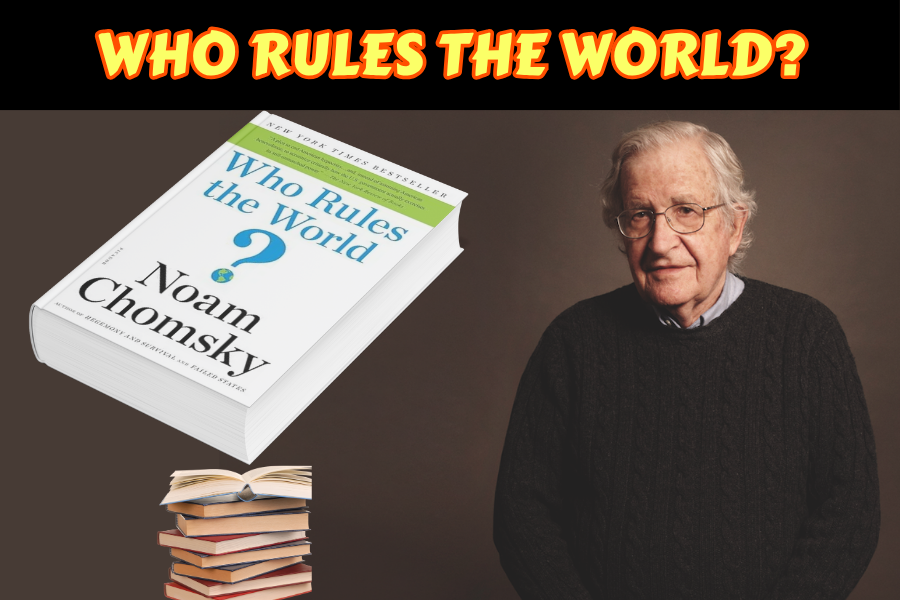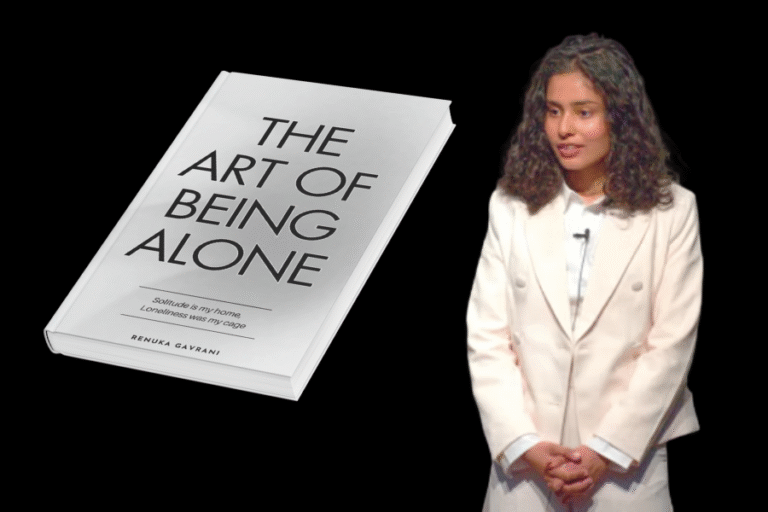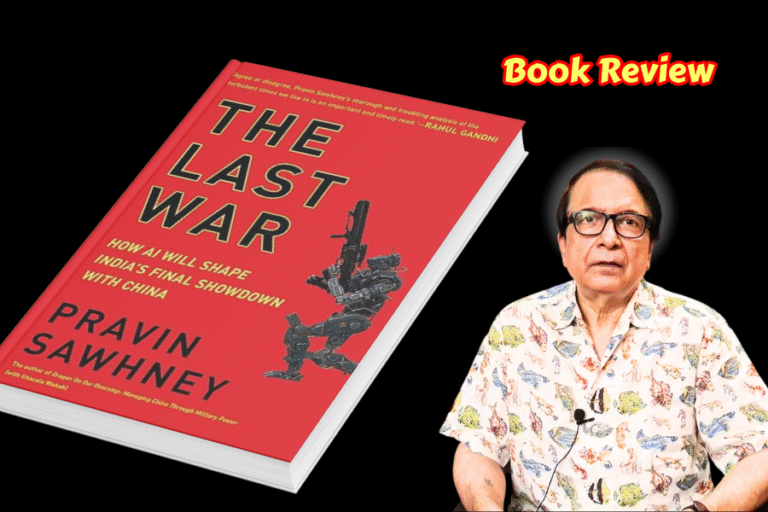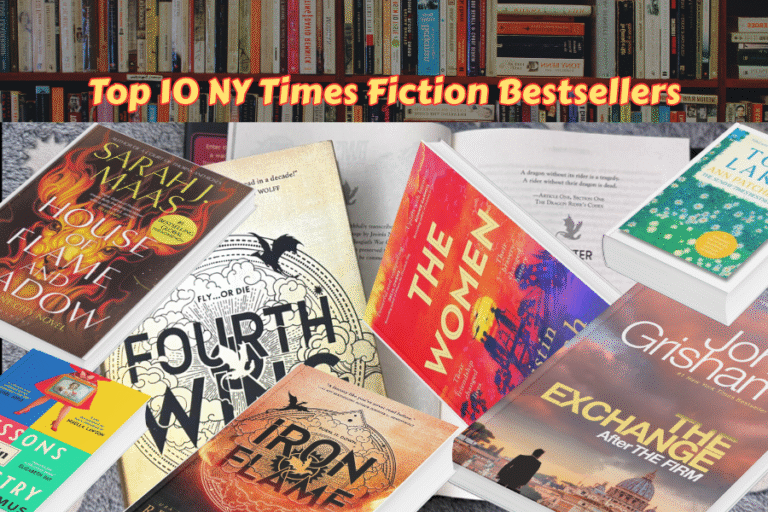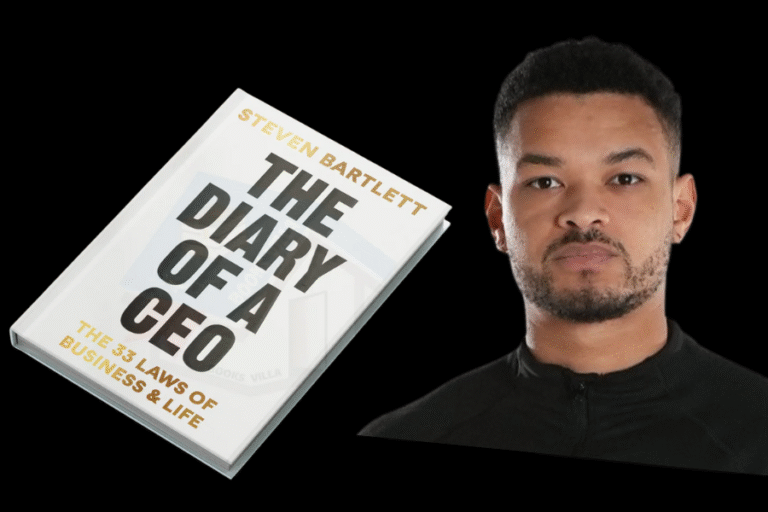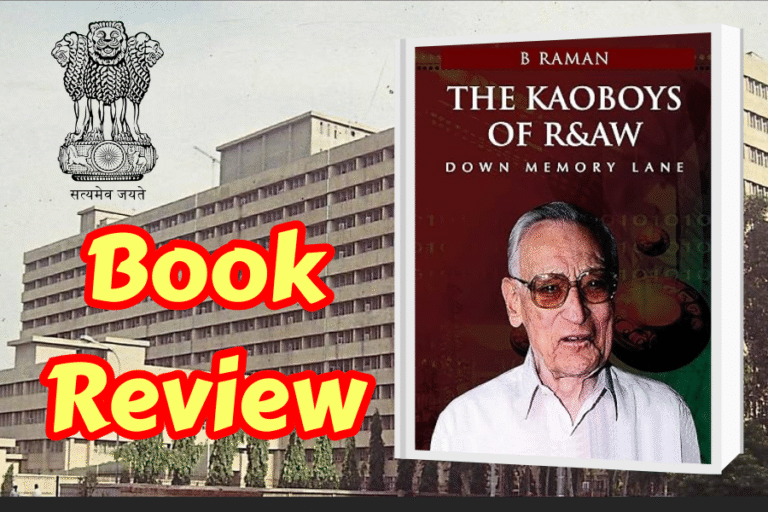(Quratulain Khalid)
Can a single book unravel the hidden forces steering our chaotic world? In Who Rules the World? (2017), Noam Chomsky, the world’s foremost intellectual, delivers a jaw-dropping critique of America’s imperial power, exposing how its rhetoric of freedom masks a ruthless pursuit of global control. This New York Times bestseller, updated with a post-Trump afterword, dissects U.S. policies post-9/11, from Cuba’s troubled history to Iran’s sanctions, revealing a superpower prioritizing might over democracy. With fierce precision, Chomsky challenges readers to rethink global power, making this a must-read for 2025’s turbulent times. This review explores the book’s provocative insights, strengths, weaknesses, and enduring relevance.
CONTEXT: CHOMSKY’S LENS ON GLOBAL POWER
Published by Metropolitan Books, Who Rules the World? (320 pages) is a cornerstone of the American Empire Project, blending historical analysis with contemporary critique. Chomsky, a renowned linguist and activist, argues that the U.S., despite Europe and Asia’s rise, dominates global discourse through military, economic, and cultural hegemony. Drawing on conflicts like Iraq, Afghanistan, and Israel-Palestine, he exposes contradictions between America’s “freedom” narrative and its actions. The 2017 paperback’s afterword, addressing Trump’s 2016 election, adds urgency, reflecting on American society’s fractures. X posts in 2025 praise its “eye-opening” take, especially amid U.S. sanctions debates.
KEY INSIGHTS OF WHO RULES THE WORLD?
- U.S. Imperialism Unveiled: Chomsky details how the U.S. uses military interventions (e.g., Iraq’s 2003 invasion) and sanctions (e.g., Iran) to maintain dominance, often undermining human rights, per The Guardian.
- Rhetoric vs. Reality: He exposes the gap between America’s “democracy” narrative and actions like supporting authoritarian regimes in Latin America, citing Cuba’s embargo.
- Global Chaos and Power: Conflicts in Afghanistan and Israel-Palestine show how U.S. policies fuel instability, with Chomsky’s nuanced take highlighting Palestinian marginalization.
- Trump’s Election: The afterword links Trump’s rise to America’s eroded democratic ideals, resonating in 2025 as global tensions mount, per X sentiment.
STRENGTHS OF THE BOOK
- Meticulous Evidence: Chomsky’s 50+ years of scholarship shine, with citations from declassified documents to media reports, earning The New York Times praise for its “unsparing” depth.
- Provocative Clarity: His accessible prose makes geopolitics digestible, as Goodreads reviewers (4.06/5) note, appealing to students and activists.
- Timeless Relevance: In 2025, amid U.S.-China tensions and Middle East unrest, the book’s critique remains vital, with X users calling it “prophetic.”
- Global Perspective: Chomsky’s focus on non-Western impacts, like Palestine, broadens appeal, especially in regions like Pakistan facing U.S. influence.
WEAKNESSES OF THE BOOK
- Dense Style: Some Goodreads readers find the data-heavy approach overwhelming, craving more narrative flow.
- U.S.-Centric Lens: While global, the focus on American actions sidelines other powers (e.g., China), as The Guardian notes.
- Limited Solutions: Chomsky excels at critique but offers few actionable reforms, a point echoed on X for lacking a “way forward.”
RELEVANCE IN 2025
In a world of U.S.-led sanctions, regional conflicts, and rising populism, Who Rules the World? is a critical read. Its insights resonate in Pakistan, where U.S. policies shape geopolitics, as seen in post-May 2025 ceasefire talks. The book empowers readers to question power structures, making it essential for students, policymakers, and activists navigating today’s chaos.
SUMMARY
Who Rules the World? is a searing, evidence-packed exposé of U.S. imperialism, exposing the gap between rhetoric and reality. Chomsky’s clarity and global focus make it a standout, despite a dense style and limited solutions. In 2025, it’s a vital guide to understanding and resisting global domination.
DISCOVER THE TRUTH ABOUT GLOBAL POWER
Chomsky’s Who Rules the World? unveils the forces shaping our planet. Grab a copy and explore geopolitics at khalidmasood.com. Uncover the truth today!

